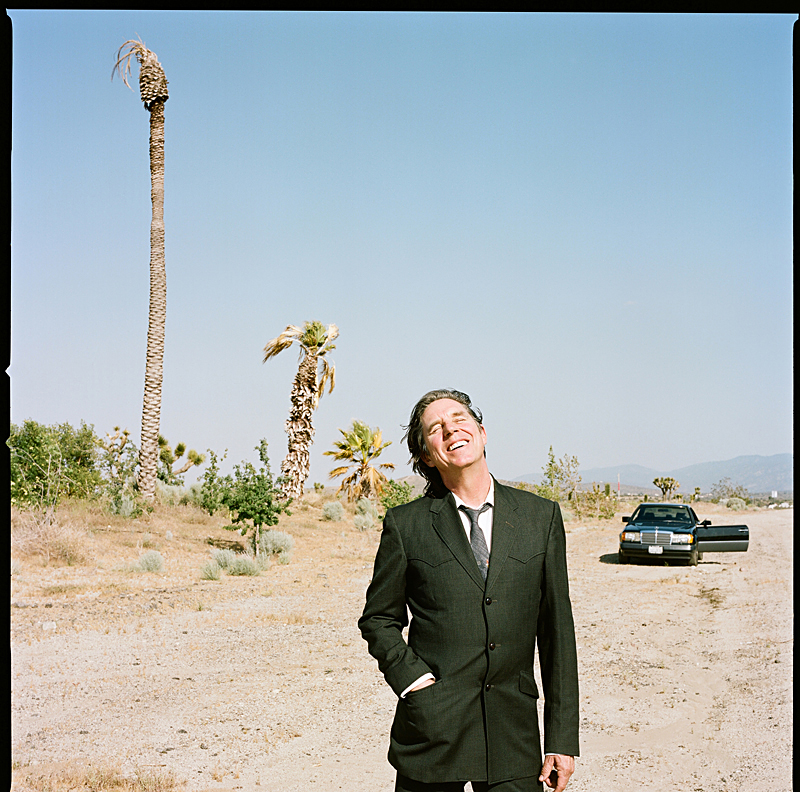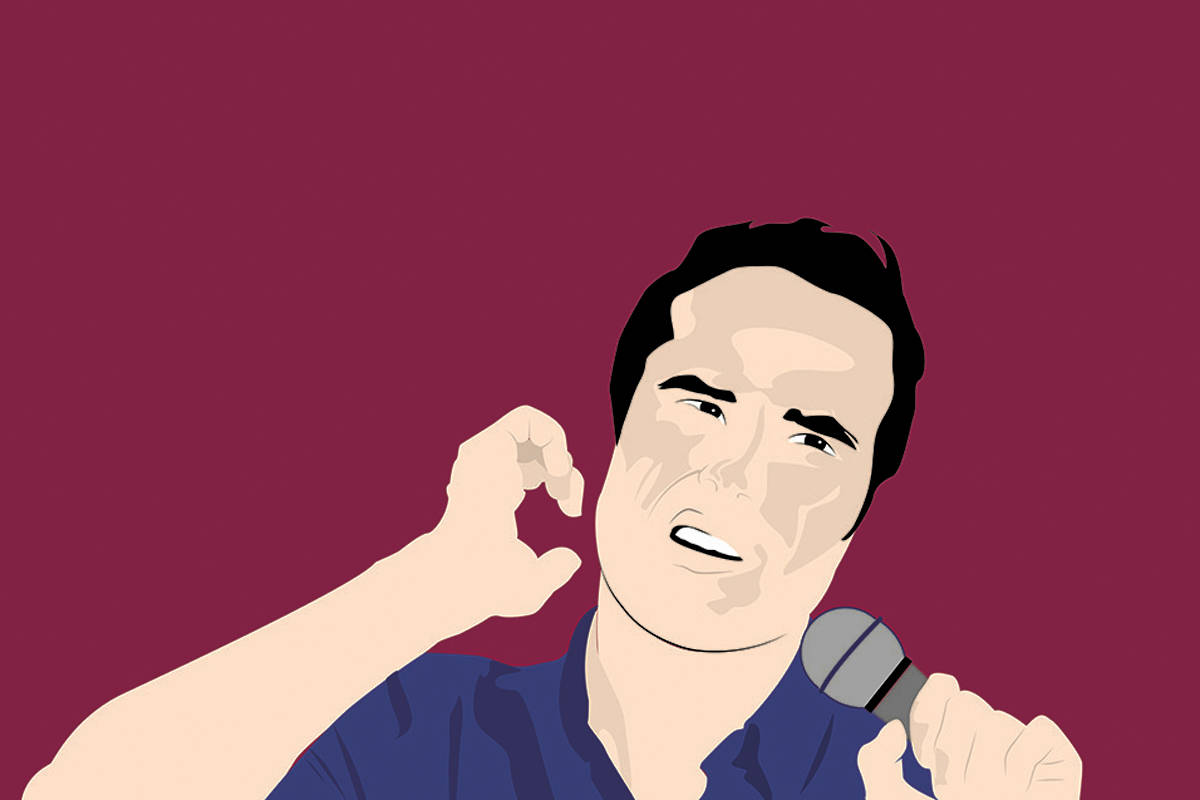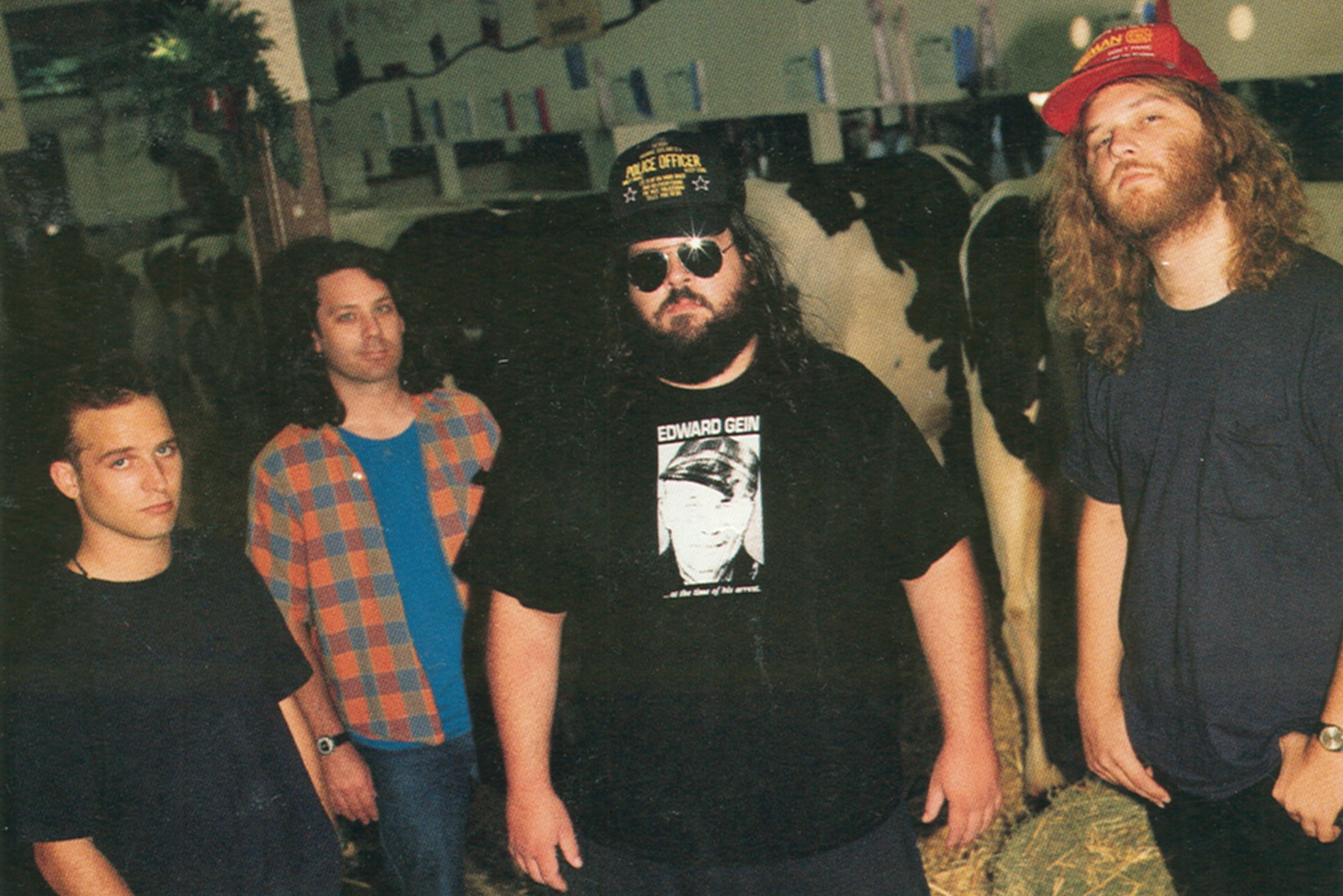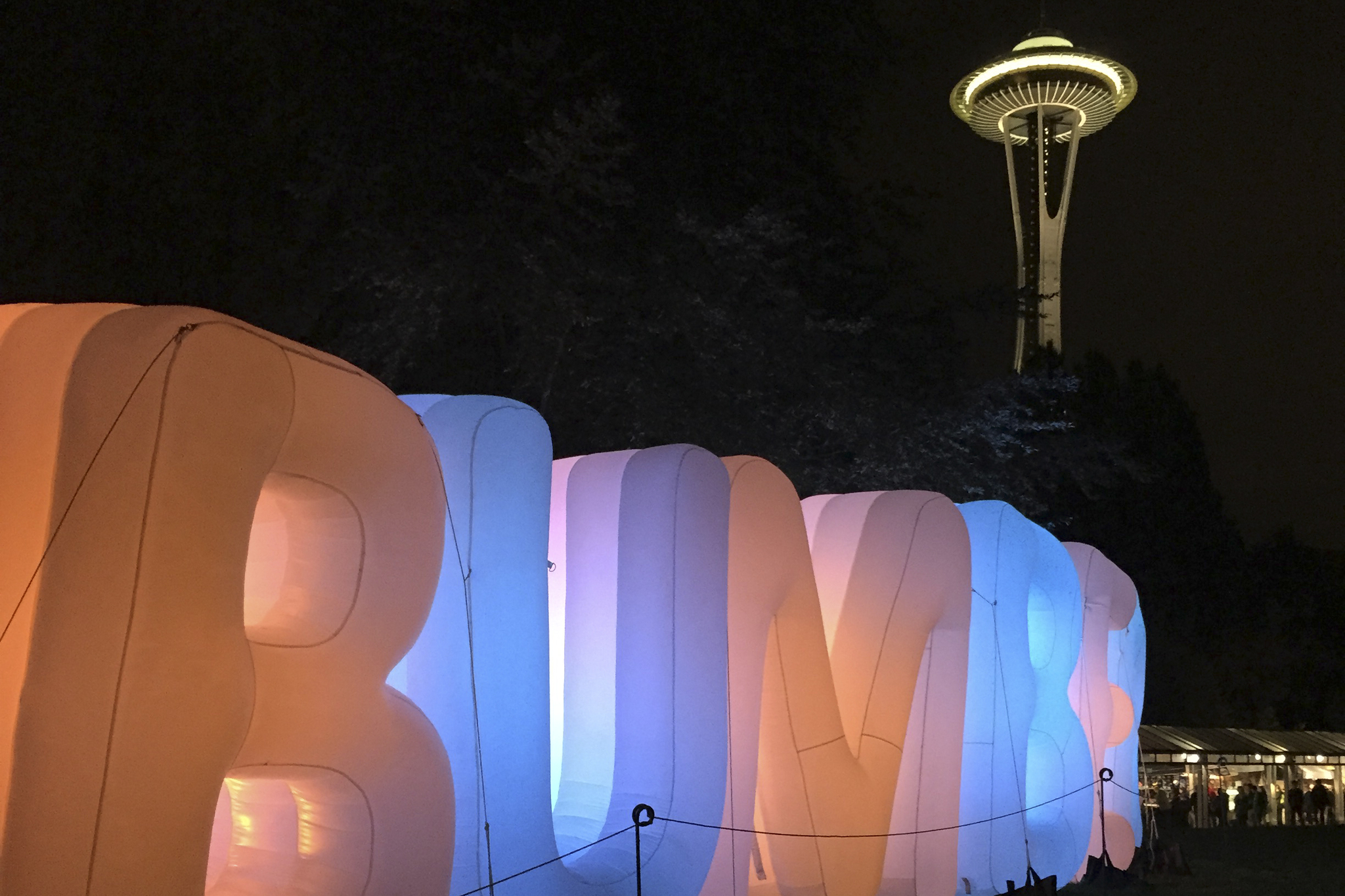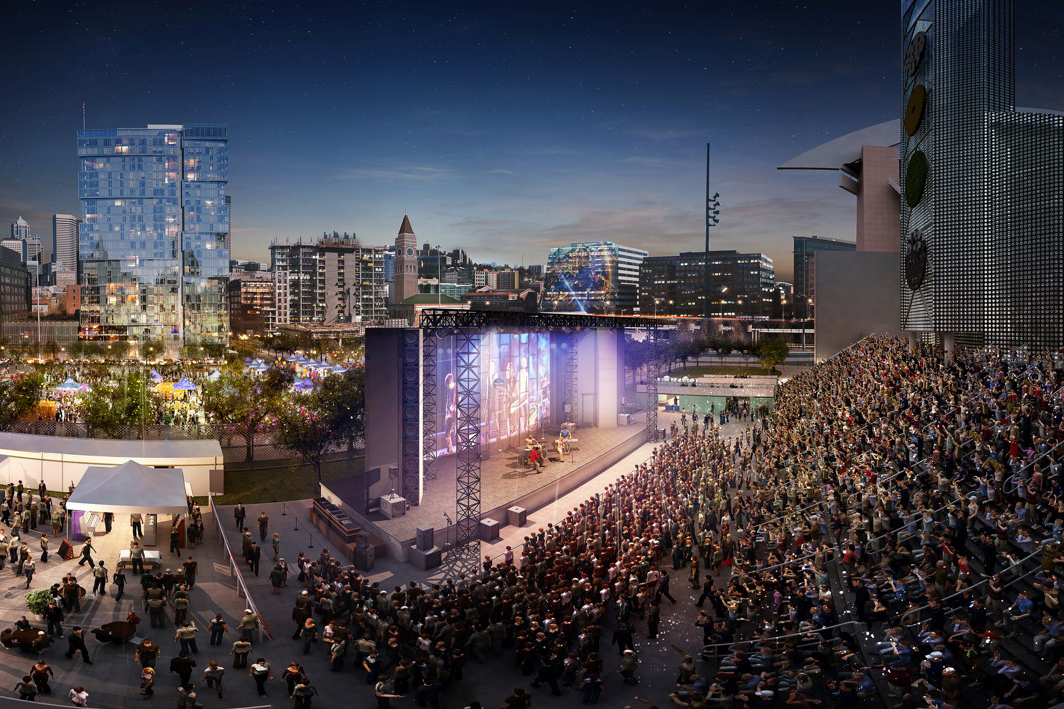Sometimes breaking the rules has its rewards. Like when you’re hoping to meet Joe Strummer and sneaking backstage at Las Vegas’ House of Blues is your best recourse. Such was the case for Lou Medrano, founder of Seattle’s three-day punk showcase Sound Fest and a former tour manager for Flogging Molly and the U.S. Bombs. He was working for the Casualties on July 4, 2002, when he slipped back to meet Strummer. After pleasantries were exchanged, the former Clash frontman invited Medrano to the Mirage Hotel bar, where the pair promptly got plastered, talked about music, and shared tour stories until the wee hours. Strummer died the following December.
For Medrano, it is this very spirit—the lack of barriers between band and artist, the ability to meet your hero after a gig and say hello without any pretense—that has always been the magic of punk rock. And it’s this spirit he hopes to bring to his inaugural Sound Fest, featuring more than 70 bands—both well-known touring acts and up-and-coming locals—who will perform at five venues across the city. The recent transplant from Los Angeles says he wanted the festival to be diverse and not overlap with the kinds of bands other local festivals book. “I look at Bumbershoot and I see Hall & Oates headlining and I’m just in awe,” Medrano says. “Is that really what people in Seattle want?”
Another goal of Sound Fest is to showcase bands that haven’t played Seattle for years, such as Stiff Little Fingers, a legendary band from Northern Ireland that hasn’t been seen here in 14 years.
Seattle is the latest city to embrace a multi-day rock festival with a heavy punk bent, joining Chicago’s Riot Fest; Gainesville, Florida’s The Fest; and the Punk Rock Bowling Tournament and Music Festival in Las Vegas, which celebrated its 13th anniversary this year. Though these festivals don’t travel the country, each owes a debt to the enduring legacy of the Warped Tour, in its 17th year the longest-running summer-concert festival, punk or otherwise.
“Warped has always been about the younger generation,” Medrano says. “A lot of the bands that are playing our fest have played at Warped Tour at one time or another.”
Warped rose to prominence with punk rock’s mainstreaming in the late ’90s through bands like Green Day, The Offspring, and Blink-182, but over the years the festival has evolved from its roots as a showcase mostly for punk-rock bands. “I really think it’s about adapting,” says Kevin Lyman, who founded the tour in 1996 and has overseen its touring lineup each year since. “And also recognizing the history of where you come from as a tour.” Though the tour still features a handful of the kind of bands that made it famous (this year’s lineup includes staples Less Than Jake, Against Me!, and Unwritten Law), it has slowly shifted focus, booking acts across a broader spectrum, bands who don’t necessarily have the indie-label mentality or do-it-yourself ethos of the tour’s early punk bands.
“What emerged were these almost–boy bands that seemed put together by some sort of producer,” says Shawn Stern, a founding member of punk stalwarts Youth Brigade and the founder of the annual Punk Rock Bowling Tournament and Music Festival in Las Vegas. “They had the look and they had the sound, but they didn’t really sing about anything other than girls and partying. To me, it didn’t have anything to do with punk rock. It looked like it, it sounded like it, but it wasn’t it.”
Lyman disagrees, saying today’s bands are cut from similar cloth and are just as hardworking. And though his roots are in punk rock, Lyman agrees that Warped has become more than simply a punk tour, particularly with the music industry in flux. “It’s not about ‘I’m in this scene and you’re in that scene,’ ” he says. “It’s like we’re all musicians and we have to band together right now because the music business is rebuilding.”
But the sea change in Warped’s approach, adopted in hopes of maintaining its core 13–25 demographic, has opened a marketplace for other punk festivals, like Sound Fest, which cater to a slightly older crowd, and which were made possible at least in part by the awareness Warped has helped to build.
As fans of punk’s second wave got older, the appeal of spending all day in the sun began to wane. Also, bands that had built their fan bases via Warped, which could put them in front of 500,000 concertgoers in a single summer, began to defect for opportunities that could make them more money—like headlining their own tour, which may have been impossible before Warped.
Tony Weinbender, who puts on Gainesville’s The Fest, which turns 10 this year, says he started it simply because there weren’t any shows in the area that catered to his tastes anymore. This year’s festival features the Bouncing Souls, Hot Water Music, Ted Leo & the Pharmacists, and more than 200 more bands at various venues around Gainesville.
Sound Fest will take a similar approach, with shows near downtown (El Corazon, Funhouse) as well as on Capitol Hill (Neumos, the Comet). “We wanted to get people going from place to place,” Medrano says. “We want it be a party. I personally hate outdoor festivals. Who wants to stand outside in a parking lot all day?”
The Punk Rock Bowling and Music Festival takes place in a single location, but Stern says he has resisted the urge to have multiple stages and other non-music attractions, a la Warped Tour’s skateboarding, BMX riding, and flea market of vendors. Despite the differences, there’s no animosity between these single-city events and Warped. Organizers on both sides seem to agree they’re working toward a greater good. Lyman says he even invites local festivals to run a booth at his shows.
One benefit local festivals have is the ability to feature a ton of local bands. Nearly half the bands on Sound Fest’s roster are from the area, which Medrano is proud of. “Bands here do it just to have fun,” he says. “Bands in L.A., once they get going, their immediate goal is to start making money, find a label, get on Warped Tour. [Seattle bands] don’t really have the same instruction manual that the bands in L.A. have.”
Sound Fest hopes to offer something for every kind of punk fan, over 21 or not, whether your tastes lean toward old-school punk acts like Jello Biafra and the Dickies or to rootsier fare like the Blasters and Drag the River. Ultimately that’ll be a great thing—not just for the state of punk but for the local scene as well.
